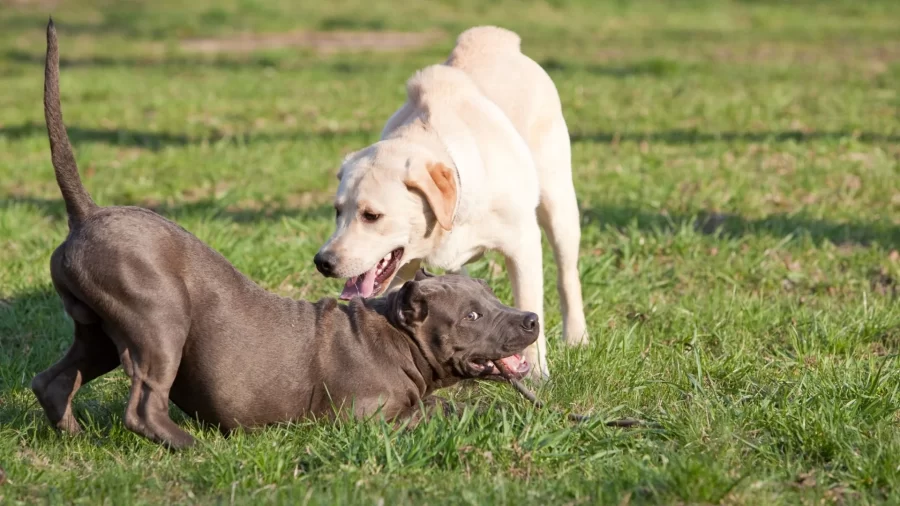When it comes to our furry companions, there's a lot of misinformation circulating about their behavior, especially regarding their sexuality. This article aims to shed light on common misconceptions and provide science-based insights into normal canine actions. By understanding what drives our dogs' behaviors, we can better care for them and strengthen our bond with these loyal friends.
Can Dogs be attracted to the same gender?
Dogs are complex creatures driven by instincts that have evolved over thousands of years. Their behaviors are rooted in survival mechanisms, social needs, and communication methods that differ significantly from humans. Canines use a sophisticated system of body language, vocalizations, and scent markers to express themselves and interact with their environment.
Understanding this fundamental aspect of dog behavior is crucial for interpreting their actions correctly. What might seem like unusual or even human-like behavior to us is often a normal expression of their canine nature.
Do male dogs penetrate other male dogs?
One of the most frequently misunderstood dog behaviors is mounting or humping. While this can be part of mating behavior, it's not always sexual in nature. Dogs may mount other dogs, objects, or even people as a display of dominance, a way to alleviate stress, or simply as a form of play. This behavior can occur regardless of the dog's gender or the gender of the object of their attention.
Same-sex interactions between dogs are another source of confusion for many pet owners. These interactions are typically about establishing social bonds and pack dynamics rather than sexual attraction. Dogs may engage in play, grooming, or even sleep close to same-sex companions without any sexual connotations.
Which gender do dogs like?
Unlike humans, dogs do not have a concept of sexual orientation. Their mating behaviors are primarily driven by instinct and hormones. When intact (not spayed or neutered), dogs will naturally seek to reproduce during specific times, guided by scent and biological urges rather than any preference for specific individuals or genders.
Animal behaviorists and veterinarians emphasize that projecting human concepts of sexuality onto dogs is inaccurate and can lead to misunderstandings about normal canine behavior. It's essential to view dog behavior through the lens of their species-specific needs and instincts.
Can Dogs be Gay? Debunking Common Myths
Let's address some prevalent myths about dog sexuality:
- "Dogs can be gay": This is a misinterpretation of canine behavior. Dogs do not have sexual orientations like humans do. Their interactions are based on instinct, dominance, and social bonding, not sexual identity.
- "Certain breeds are more likely to exhibit same-sex behaviors": There's no scientific evidence to support this claim. All breeds can display a range of social behaviors that may be misinterpreted as sexual.
- "Neutering/spaying changes a dog's 'sexual orientation'": Spaying or neutering can reduce certain sexually motivated behaviors, but it doesn't change a dog's fundamental nature or create a sexual orientation.
How to Address Unwanted Behaviors
If your dog is exhibiting behaviors that you find problematic, such as excessive mounting, there are several steps you can take. Consistent training, redirecting their attention, and ensuring they get enough exercise and mental stimulation can help reduce unwanted behaviors. For persistent issues, consulting with a professional dog trainer or animal behaviorist is recommended.
The Importance of Responsible Pet Ownership
Understanding your dog's behavior is a crucial part of responsible pet ownership. By recognizing their natural instincts and needs, you can provide an environment that allows your dog to thrive. This includes proper socialization, regular exercise, mental stimulation, and consistent training. Remember, a well-balanced dog is more likely to exhibit desirable behaviors.
Conclusion
It's important to approach canine behavior with an open mind and a willingness to learn. Many behaviors that might seem unusual or concerning are often perfectly normal in the dog world. By educating ourselves about true canine nature, we can build stronger, more understanding relationships with our four-legged friends and provide them with the care they truly need.
Frequently Asked Questions
- 1) Why does my male dog hump other male dogs?
- This behavior is often about dominance or play rather than sexual attraction. It's a normal dog behavior that can occur regardless of gender.
- 2) Can dogs be transgender?
- Dogs do not have gender identity concepts like humans. Their behaviors are instinctual and not related to gender identity or sexual orientation.
- 3) How can I stop my dog from mounting inappropriate objects?
- Consistent training, redirecting their attention, and ensuring they get enough exercise can help. Consult a professional trainer for persistent issues.
- 4)Do dogs have sexual preferences?
- Dogs don't have sexual preferences in the human sense. Their mating behaviors are driven by instinct and hormones, not a personal choice.
- 5) Is it normal for female dogs to mount other females?
- Yes, this can be normal behavior related to dominance, play, or stress relief, not sexual attraction.
Revealed: Stunning Differences Between Red Nose And Blue Nose Pitbulls
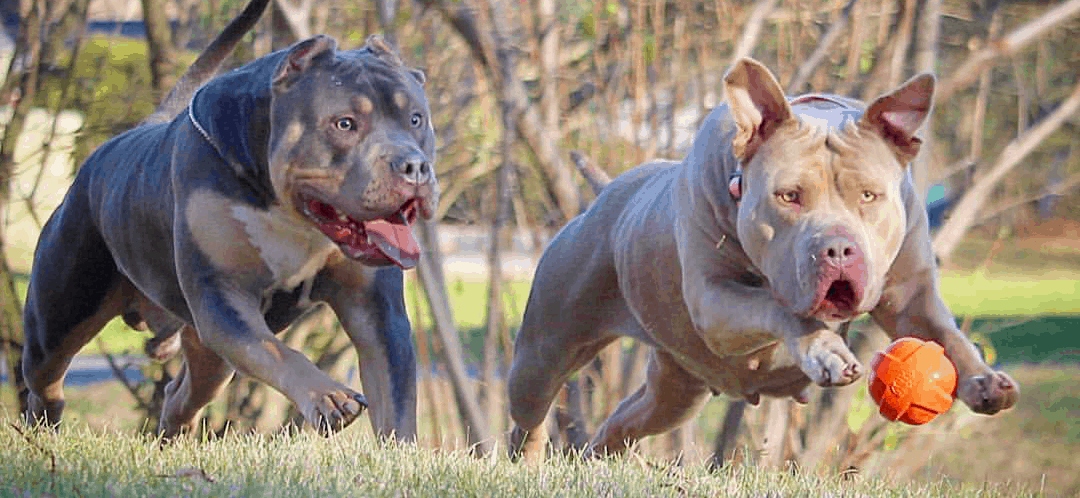
Latest
The Best Diet for Pitbull Puppies: What’s New in 2025?

How to Vaccinate A Puppy at Home: A Complete Guide for First-Time Owners
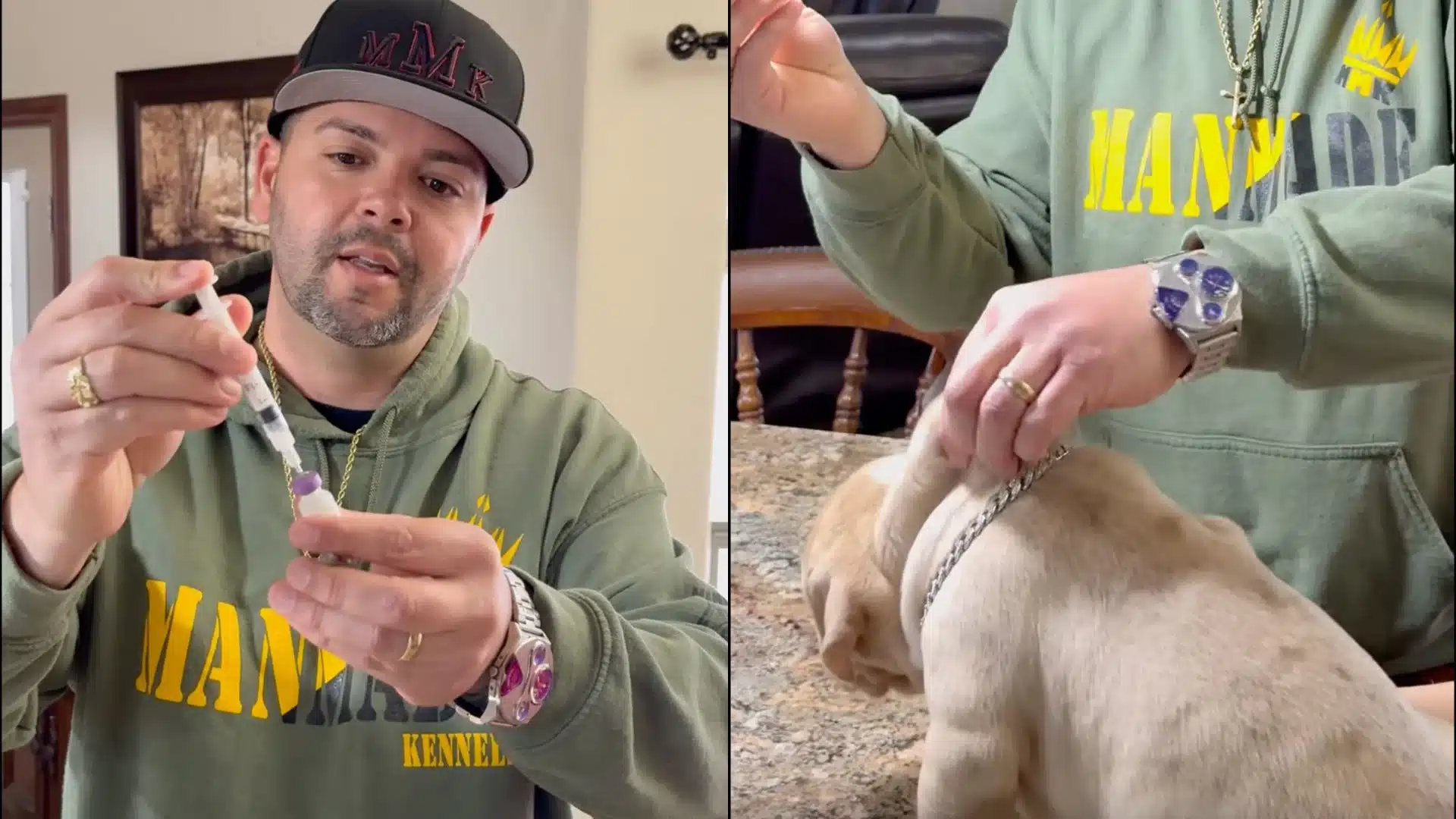
How Friendly Are American Bullies With Other Animals?
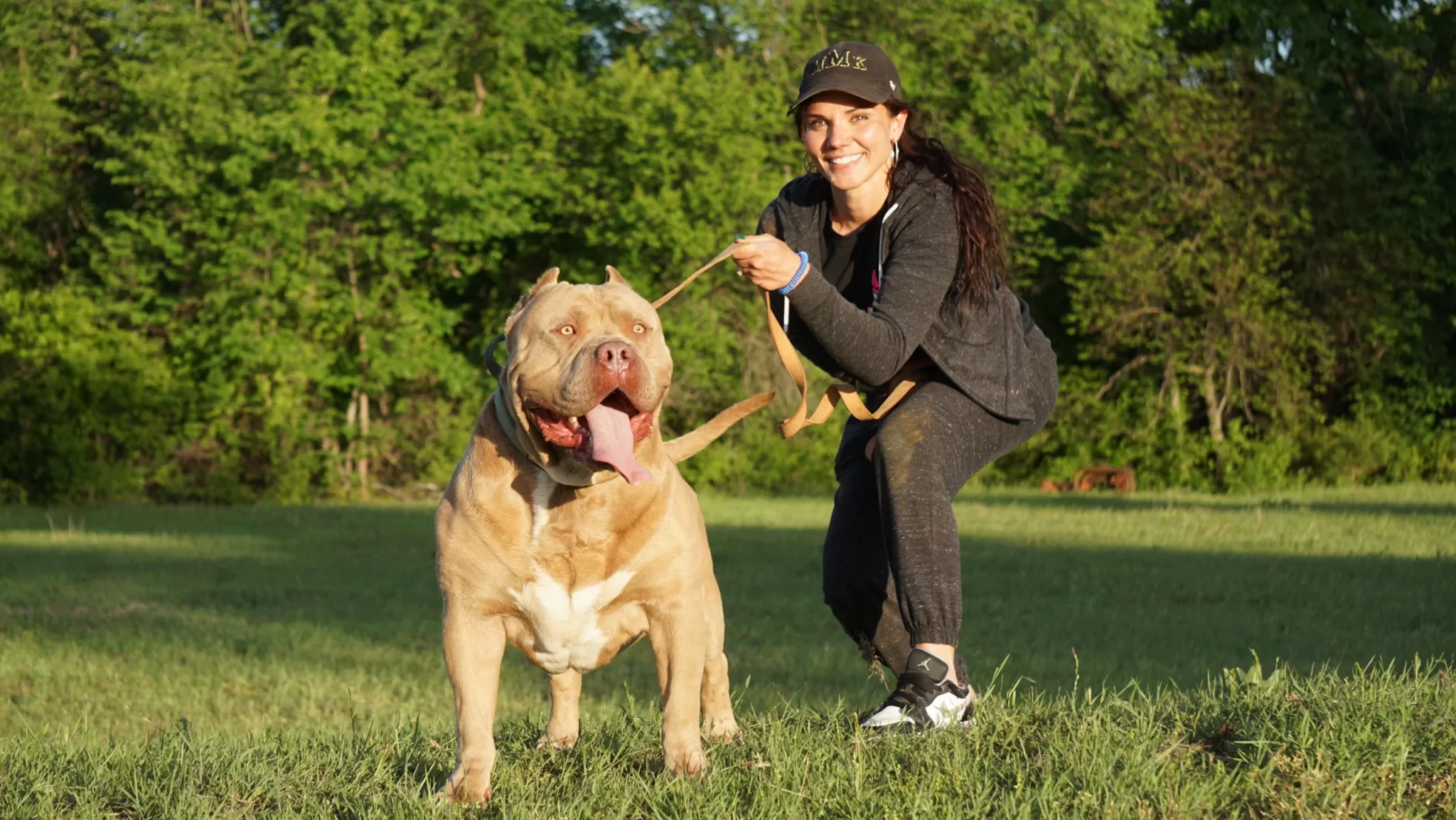
How to Choose the Best Stud Dog for XL Pitbull Breeding: A Complete Guide
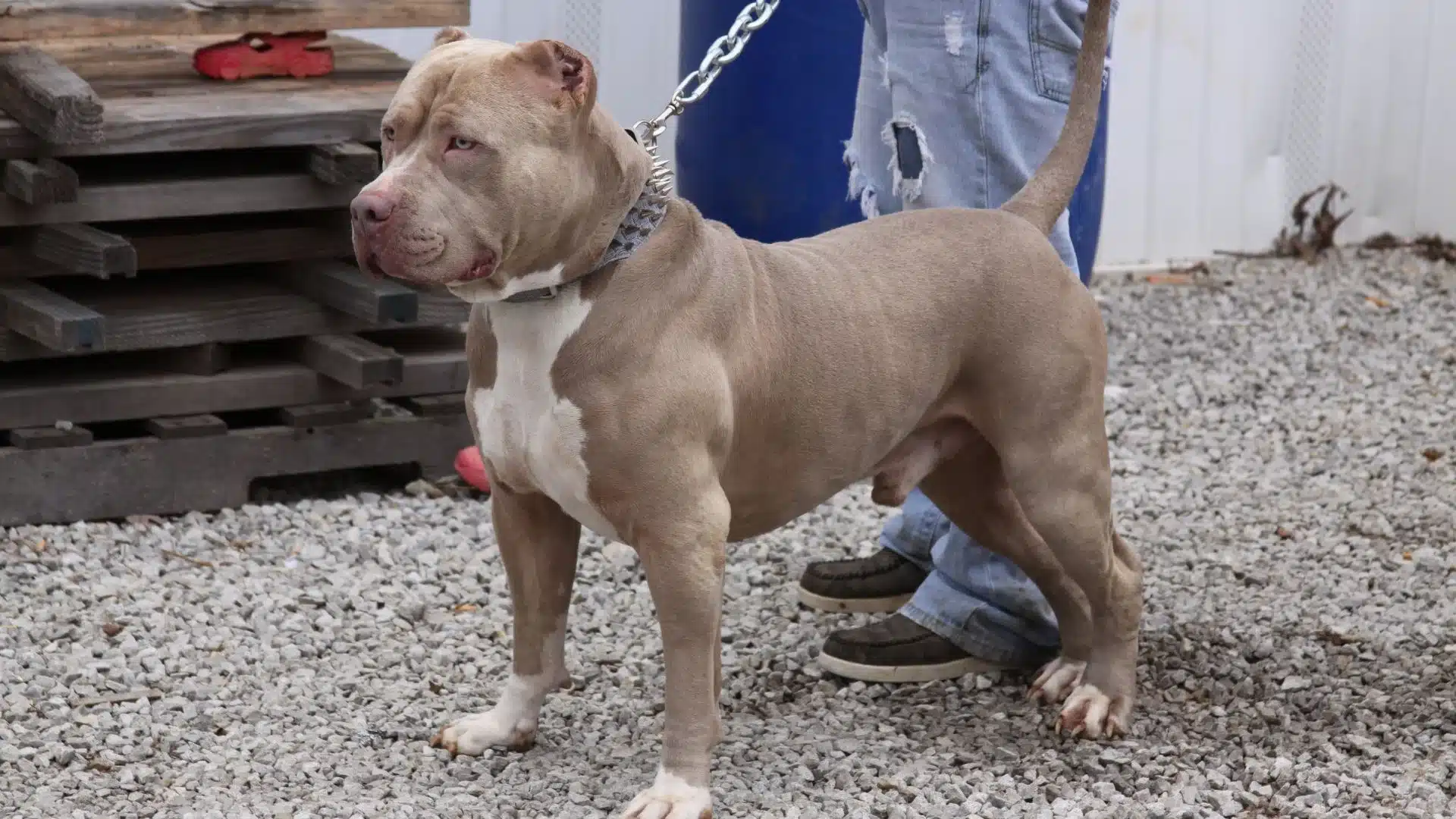
I am a highly skilled content writer and SEO expert with a passion for helping small businesses succeed in the digital world. With my extensive knowledge of the latest SEO techniques and strategies, I have successfully assisted numerous clients in improving their website rankings, generating more leads, and driving a significant increase in website traffic.
As a professional content writer and SEO expert, I am confident in my ability to contribute significantly to the success of small businesses. If you are seeking a results-driven, highly skilled digital marketer who can help you increase your ranking, convert new leads, and see a substantial improvement in website traffic, I would welcome the opportunity to collaborate with you.
Website: https://manmadewebsites.com/
Email: hello@digitalmarketingchap.com

